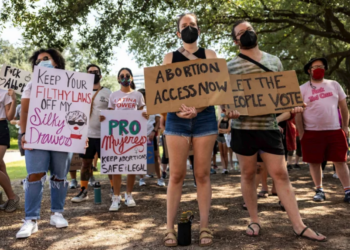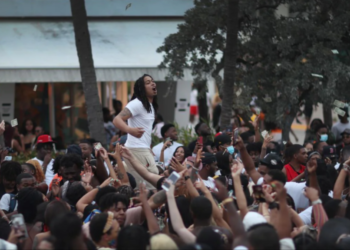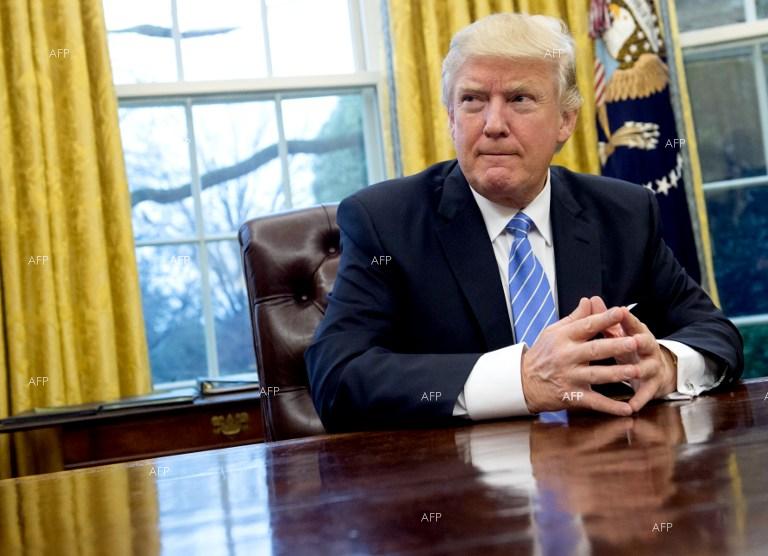The electorate in Florida just got about 10 percent bigger.
Around 1.4 million people with prior felony convictions in the state will have their voting rights restored after a ballot referendum – amendment four – was overwhelming passed by voters in Tuesday’s midterm elections.
Roughly one in ten people in Florida had been stripped of their right to vote because of their criminal record, the highest proportion of any state.
The impact of felony disenfranchisement is felt disproportionately by people of color. In Florida, a striking one in five black adults had lost the right to vote because they were convicted of a felony at some point in their life.
Under prior legislation, Florida was one of only four states – including Iowa, Kentucky, and Virginia – that permanently stripped people with felony convictions of their voting rights.
Disenfranchised residents had to individually appeal to the Governor through an arbitrary clemency process in order to have their rights restored.
Amendment four passed by an overwhelming 29 point margin – 64.5 percent to 35.5 percent.
With the passage of the amendment, Floridians with prior felony convictions will now have their voting rights automatically restored after completing probation and parole – bringing Florida’s laws in line with the vast majority of other states.
Voting rights will not be restored to those convicted of murder or felony sexual offenses. Data from the Justice Department shows that less than one in five felony convictions are for violent offenses. In states like Florida, an offense as small as drug possession could strip residents of their most basic civic right for life.
Amendment four’s victory was celebrated by progressive organizations and independent criminal justice reform advocates as a win for civil rights.
“Voters in Florida have endorsed a historic advance in democracy for the United States by adopting Amendment 4,” Marc Mauer, the executive director of the Sentencing Project, said in a statement.
“Nearly one-quarter of the entire disenfranchised population in the U.S. will now have the right to vote and will no longer be treated as second-class citizens.”
The end of felony disenfranchisement in Florida could have major electoral impacts in the future – both locally and nationally.
Florida is a notoriously important swing state in national elections. In 2000, George W. Bush famously carried the state by less than 600 votes over Democratic nominee Al Gore in a race that ultimately decided the entire election.
A 2002 analysis from sociologists Christopher Uggen and Jeff Manza found that if disenfranchised felons in Florida had been permitted to vote, Bush’s win “would almost certainly have been reversed.”
Felony disenfranchisement laws can be traced back to the post-Civil War era, when many states, particularly in the South, passed an array of laws aimed at preventing black men from exercising the right to vote granted to them by the 15 amendment.
“There’s a clear historical record of state lawmakers and elites purposefully disenfranchising black residents, using felony conviction status as a proxy for race,” Nicole Porter, the Director of Advocacy at the Sentencing Project, told the Globe Post in October. “The roots of that permeate the disenfranchising policies today.”
Before Tuesday, one in 13 African Americans had lost their right to vote nationally. Comparatively, only one in 56 non-black adults is disenfranchised.
























